What to Know About Claude 3.7 Sonnet, Anthropic's New Frontier Language Model
Claude 3.7 Sonnet debuts hybrid reasoning, combining fast replies & deep thinking in one powerful AI


What to Know About Claude 3.7 Sonnet, Anthropic's New Frontier Language Model
On February 25, 2025, Anthropic launched Claude 3.7 Sonnet, marking a significant advancement in generative AI technology. This new model represents Anthropic's most intelligent AI offering to date and introduces a novel "hybrid reasoning" approach that distinguishes it from competitors in the market.
As the first hybrid reasoning model publicly available, Claude 3.7 Sonnet combines the ability to produce near-instant responses with extended, step-by-step thinking capabilities in a single unified system, offering users unprecedented flexibility in how they interact with generative AI.
Claude vs. ChatGPT | 2025 Comparison of Anthropic & OpenAI. Read more here!

Technical Architecture and Capabilities
Hybrid Reasoning System
Claude 3.7 Sonnet's defining feature is its innovative hybrid reasoning approach, which integrates two distinct operational modes:
- Standard Mode: Functions as an upgraded version of Claude 3.5 Sonnet, delivering rapid responses for routine queries and tasks.
- Extended Thinking Mode: Engages in self-reflection and detailed step-by-step reasoning before providing answers, significantly enhancing performance on complex tasks involving math, physics, coding, and multistep problem-solving.
Unlike competitors that separate reasoning capabilities into distinct models, Anthropic has designed Claude 3.7 Sonnet to seamlessly toggle between these modes, creating what they describe as a more natural and intuitive user experience.
According to Anthropic's blog, "Just as humans use a single brain for both quick responses and deep reflection, we believe reasoning should be an integrated capability of frontier models rather than a separate model entirely." This approach enhances the Large Language Model's capabilities significantly.
Context Window and Token Processing
As a cutting-edge Large Language Model (LLM), Claude 3.7 Sonnet maintains the substantial context window of 200,000 tokens established by previous Claude models, allowing it to process and retain extremely large volumes of information.
This extensive context window enables the LLM to analyze lengthy documents, maintain comprehensive conversation history, and handle complex multi-document analysis scenarios.
In extended thinking mode, the Large Language Model can utilize up to 128,000 tokens for internal reasoning processes, providing developers fine-grained control over how much computational effort the model expends before generating a response.
Adjustable Reasoning Budget
For developers accessing Claude 3.7 Sonnet through the API, Anthropic offers precise control over the computational resources allocated to reasoning.
This feature allows users to specify a token limit for the model's thinking process, enabling them to balance response quality against cost and latency constraints based on specific generative AI use case requirements.
Large Language Models : Pros and Cons. Read more here!

Performance Benchmarks
Claude 3.7 Sonnet demonstrates state-of-the-art performance across multiple benchmarks, particularly excelling in software engineering and agentic tasks:
- SWE-bench Verified: Achieved the highest performance on this benchmark that evaluates an AI model's ability to solve real-world software engineering issues, reaching 70.3% in standard mode.
- TAU-bench: Attained state-of-the-art results on this framework that tests AI agents on complex real-world tasks with user and tool interactions.
- Coding Capabilities: Early testing from partners including Cursor, Cognition, Vercel, Replit, and Canva demonstrated Claude's exceptional capabilities in handling complex codebases, planning code changes, managing full-stack updates, and producing production-ready code with significantly reduced errors.
When compared directly to competing frontier LLM models like OpenAI's o1, o3-mini, DeepSeek's R1, and xAI's Grok 3, Claude 3.7 Sonnet with extended thinking mode outperformed most competitors across benchmarks testing instruction-following, general reasoning, multimodal capabilities, and agentic coding.
However, the Large Language Model scored lower on certain specialized tests such as graduate-level reasoning (GPQA Diamond), multilingual Q&A (MMMLU), and some advanced mathematics competitions (MATH 500, AIME 2024).
OpenAI Launches GPT-4.5: Advancing Conversational AI with Enhanced Knowledge and Reduced Hallucinations. Read more here!
Key Features and Use Cases
Claude Code
Alongside Claude 3.7 Sonnet, Anthropic introduced Claude Code, an agentic coding tool available as a limited research preview. Claude Code functions as an active collaborator that can:
- Search and read code
- Edit files
- Write and run tests
- Commit and push code to GitHub
- Use command line tools
This tool is designed to significantly reduce development time and overhead, particularly for test-driven development, debugging complex issues, and large-scale refactoring tasks.
Primary Use Cases
Claude 3.7 Sonnet is optimized for several key use cases that leverage its hybrid reasoning capabilities:
- Code Generation: The LLM excels at tasks across the entire software development lifecycle, from initial planning to bug fixes and large refactors, making it ideal for powering end-to-end software development processes.
- Computer Use: Claude 3.7 Sonnet can use computers the way people do—by looking at screens, moving cursors, clicking buttons, and typing text—making it the most accurate model from Anthropic for these tasks.
- Advanced Chatbots: With enhanced reasoning and a natural conversational style, it serves as an excellent foundation for chatbots that need to connect data and take action across various systems and tools.
- Knowledge Q&A: The Large Language Model's large context window and low hallucination rates make it well-suited for answering questions about extensive knowledge bases, documents, and codebases.
- Visual Data Extraction: The model effectively extracts information from visuals like charts, graphs, and complex diagrams, supporting advanced data analytics tasks.
- Content Generation and Analysis: Claude 3.7 Sonnet produces high-quality written content and can analyze existing content with nuanced understanding of tone and context, showcasing the power of generative AI.
- RAG Chatbot: The LLM's large context window makes it exceptionally well-suited for Retrieval-Augmented Generation implementations, enabling organizations to build powerful RAG chatbot solutions that leverage their proprietary knowledge bases while maintaining coherent, natural interactions.
- Robotic Process Automation: The model's strong instruction-following capabilities support automation of repetitive tasks and complex operational processes through generative AI.
Availability and Pricing
Claude 3.7 Sonnet is available through multiple channels:
- Claude.ai: Available on all Claude plans—including Free, Pro, Team, and Enterprise—though extended thinking mode is restricted to paid tiers.
- API Access: Available through the Anthropic API, Amazon Bedrock, and Google Cloud's Vertex AI.
- GitHub Integration: Improved GitHub integration allows developers to connect their code repositories directly to Claude for enhanced coding assistance.
Pricing for Claude 3.7 Sonnet remains consistent with previous Claude models:
- Input tokens: $3 per million tokens
- Output tokens: $15 per million tokens (including thinking tokens)
Anthropic emphasizes that this pricing structure applies to both standard and extended thinking modes, with no premium charged for the reasoning capabilities of the Large Language Model.

An example where Claude 3.7 Sonnet provides a more informative response to an innocuous prompt that may sound harmful at first glance. (Source: Anthropic)
Safety and Reliability Improvements
Anthropic reports significant improvements in Claude 3.7 Sonnet's ability to make nuanced distinctions between harmful and benign requests, reducing unnecessary refusals by 45% compared to Claude 3.5 Sonnet.
The LLM demonstrates enhanced judgment when determining whether a request is potentially harmful, allowing it to respond appropriately to a wider range of queries while maintaining robust safety guardrails.
The company conducted extensive testing and evaluation, collaborating with external experts to ensure the model meets their standards for security, safety, and reliability.
Anthropic's system card for Claude 3.7 Sonnet provides detailed information on safety evaluations across multiple categories, including emerging risks associated with computer use and potential safety benefits from reasoning models. These safety measures are particularly important for RAG chatbot implementations in enterprise environments.

Instead of refusing to engage with the potentially harmful request, Claude 3.7 Sonnet doesn’t assume the user has ill intent and provides a helpful answer. (Source: Anthropic)
Competitive Landscape
Claude 3.7 Sonnet enters a market with several competing frontier AI models:
- OpenAI: Currently separates general-purpose models (GPT-4) from reasoning models (o1, o3-mini), though CEO Sam Altman has indicated plans to unify these capabilities in future releases.
- xAI: Offers Grok 3 Reasoning with chain-of-thought capabilities.
- Google: Provides Gemini 2.0 Flash Thinking for reasoning tasks.
- DeepSeek: Recently released R1 for advanced reasoning.
Anthropic's approach differentiates Claude 3.7 Sonnet by integrating both quick-response and deep reasoning capabilities within a single model, eliminating the need for users to choose between different LLM types for different tasks. This unified approach has significant implications for generative AI applications across industries.
In terms of pricing, Claude 3.7 Sonnet is positioned as more affordable than OpenAI's o1 but approximately four times more expensive than o3-mini, though prompt caching can provide significant cost savings in appropriate applications.
For organizations building RAG chatbot systems, these pricing considerations are particularly important for scaling deployments.
The Ultimate Guide to RAG vs Fine-Tuning: Choosing the Right Method for Your LLM. Read more here!
Limitations and Considerations
Despite its advanced capabilities, Claude 3.7 Sonnet has several notable limitations:
- Knowledge Cutoff: The Large Language Model's knowledge is limited to information available up to October 2024, with no built-in internet browsing capability to access more recent information.
- Performance Variability: While extended thinking mode improves performance on complex tasks, it necessarily increases response latency and token consumption. This is an important consideration for RAG chatbot implementations where response time is critical.
- Language Support: The LLM supports English, French, Modern Standard Arabic, Mandarin Chinese, Hindi, Spanish, Portuguese, Korean, Japanese, German, Russian, and several other languages, but may not perform equally well across all languages.
- Fine-tuning Support: Unlike some competing models, Claude 3.7 Sonnet does not currently support fine-tuning for specialized applications, which may limit certain generative AI use cases.
Thus,
Claude 3.7 Sonnet represents a significant advancement in generative AI technology, particularly in its novel approach to unifying quick responses and deep reasoning within a single model.
By giving users control over the reasoning process—from choosing when to engage extended thinking to specifying token budgets in API calls—Anthropic has created a flexible system that adapts to diverse use cases while maintaining consistent pricing.
The Large Language Model's state-of-the-art performance on software engineering and agentic tasks, combined with its improved safety features and reduced unnecessary refusals, positions Claude 3.7 Sonnet as a compelling option for organizations seeking to deploy advanced generative AI capabilities.
Its robust context handling makes it particularly well-suited for RAG chatbot implementations that require both breadth of knowledge and depth of reasoning.
As the first hybrid reasoning LLM on the market, it signals a potential shift in how AI companies may approach model architecture and user experience in the future, prioritizing adaptable intelligence over specialized but separate models for different tasks.
Ready to Leverage Hybrid Reasoning in Your Business?
As Claude 3.7 Sonnet revolutionizes the AI landscape with its hybrid reasoning capabilities, Makebot stands ready to help you implement cutting-edge LLM solutions tailored to your industry. Our customized Multi-LLM Platform combines performance and cost efficiency while supporting diverse models including Anthropic Claude.
Don't get left behind in the AI revolution.
Contact our experts today at b2b@makebot.aior visit our website to discover how Makebot's verified chatbot solutions can transform your business.

Studies Reveal Generative AI Enhances Physician-Patient Communication








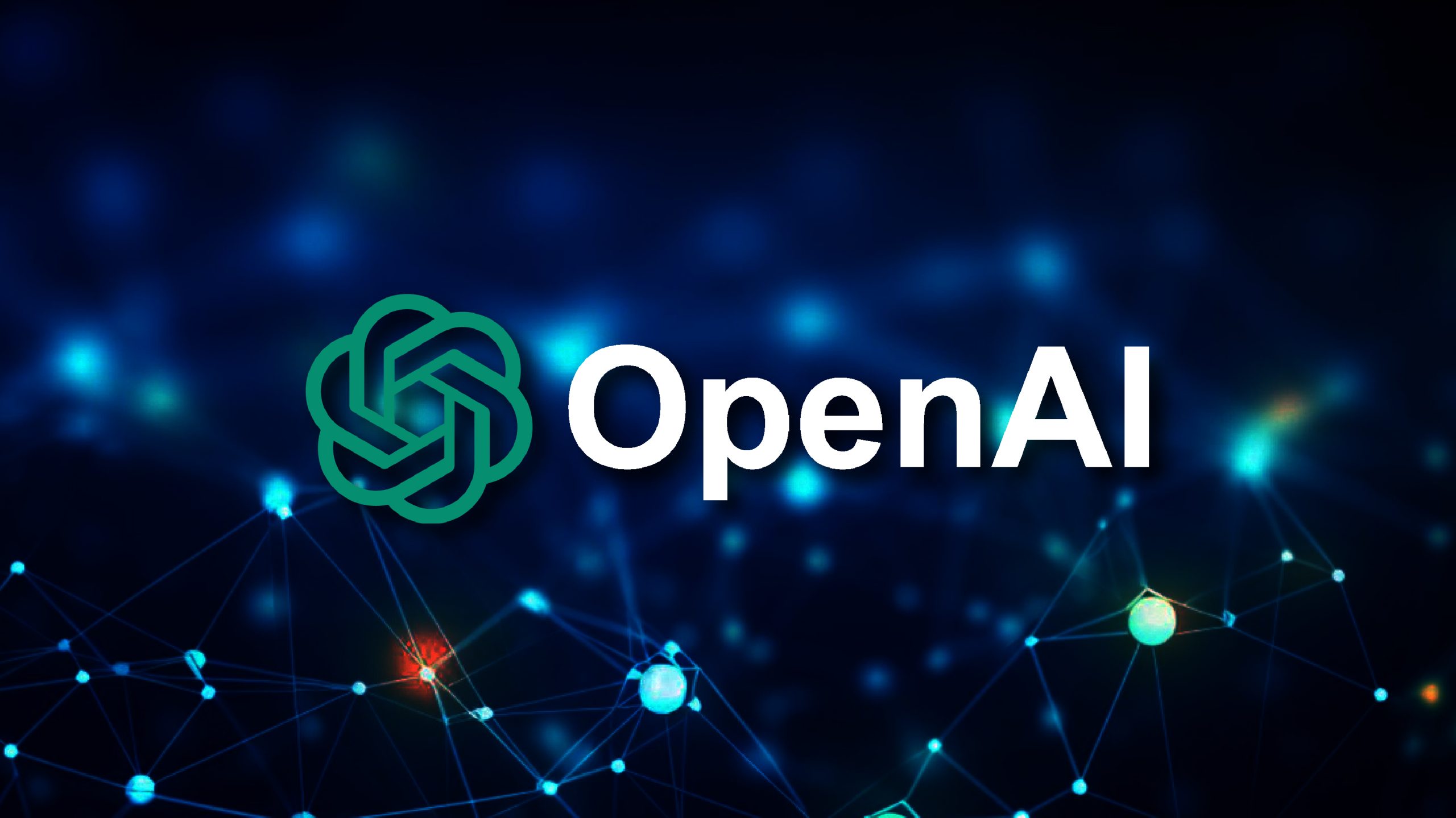



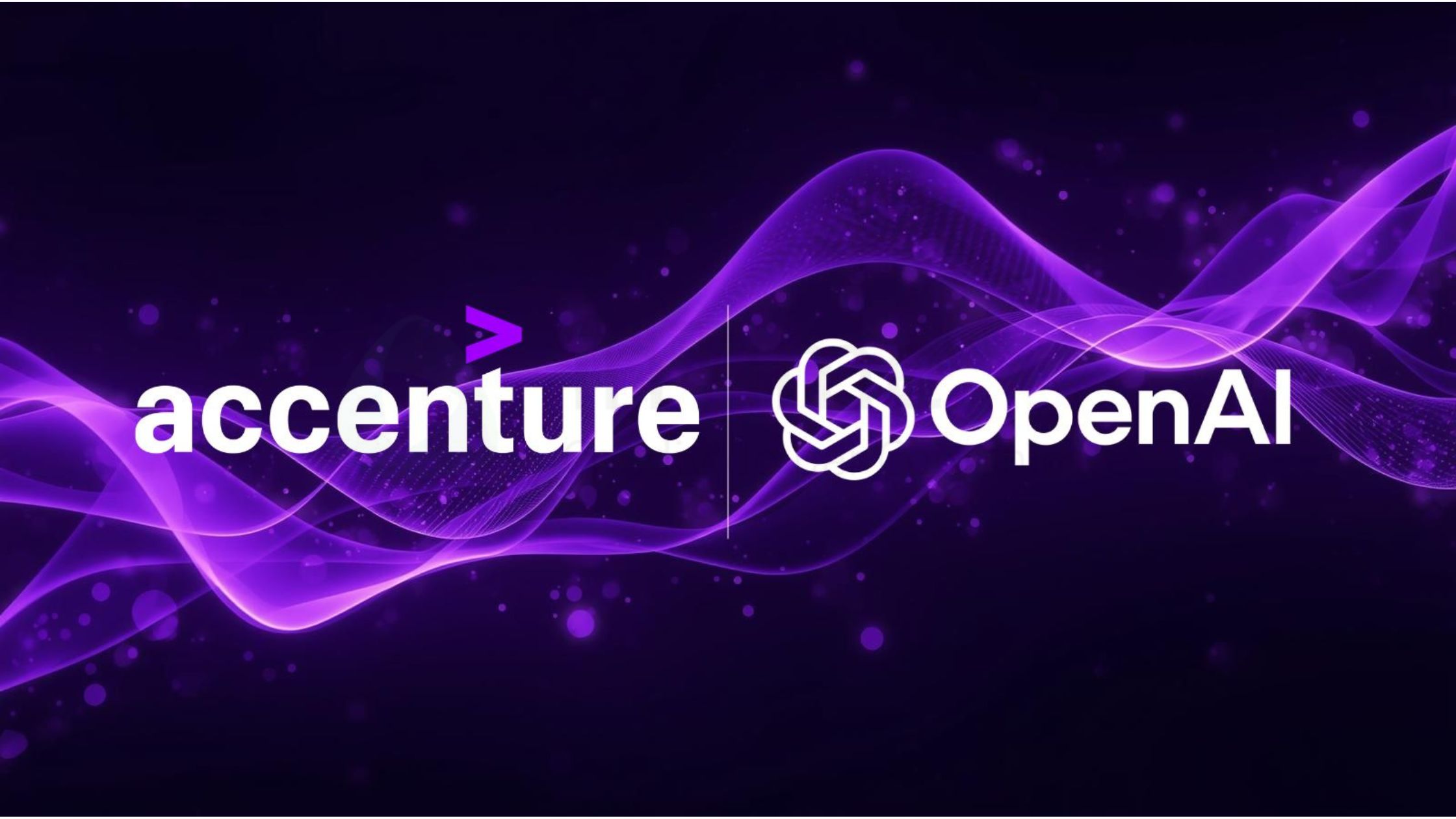










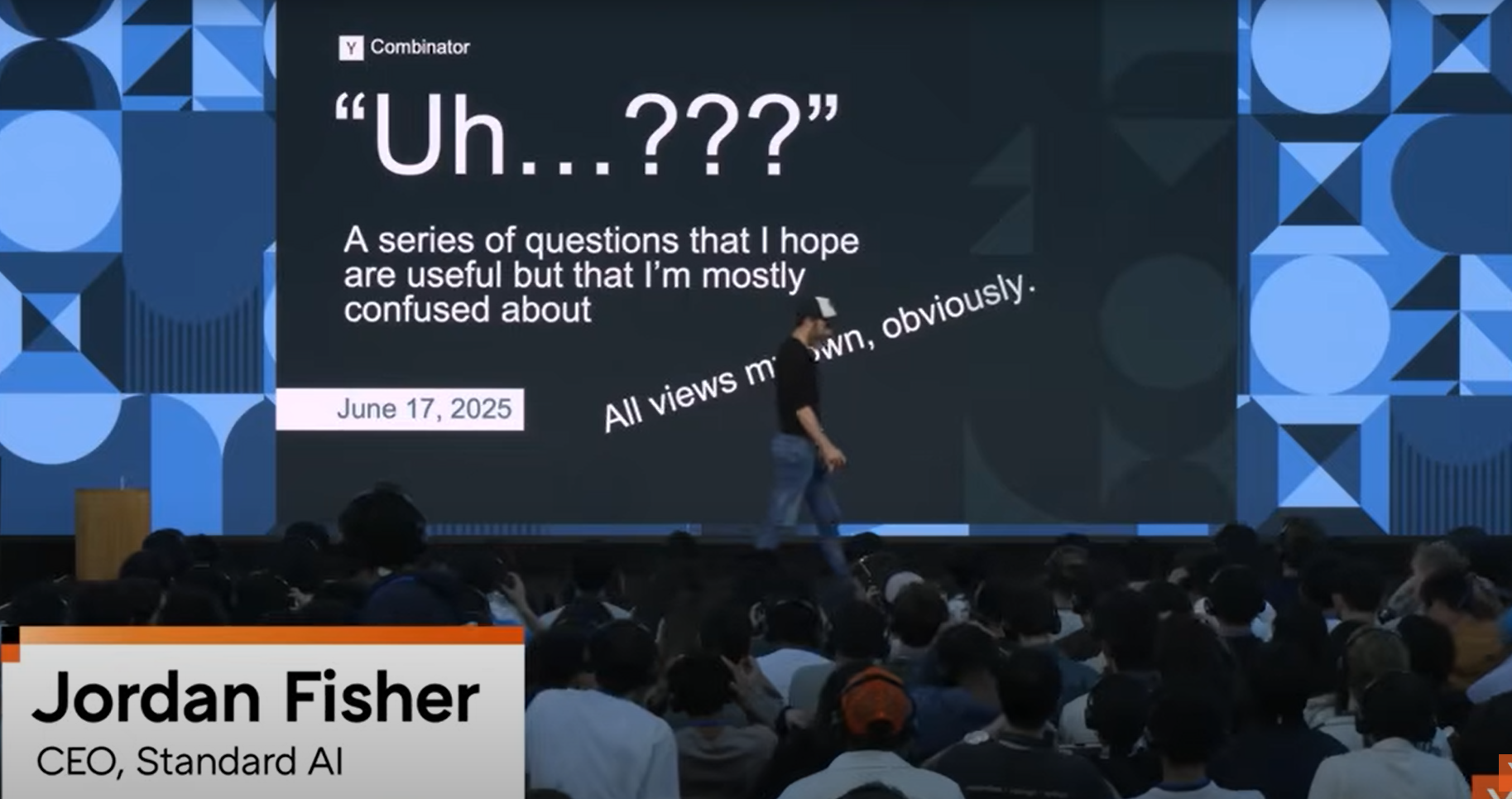














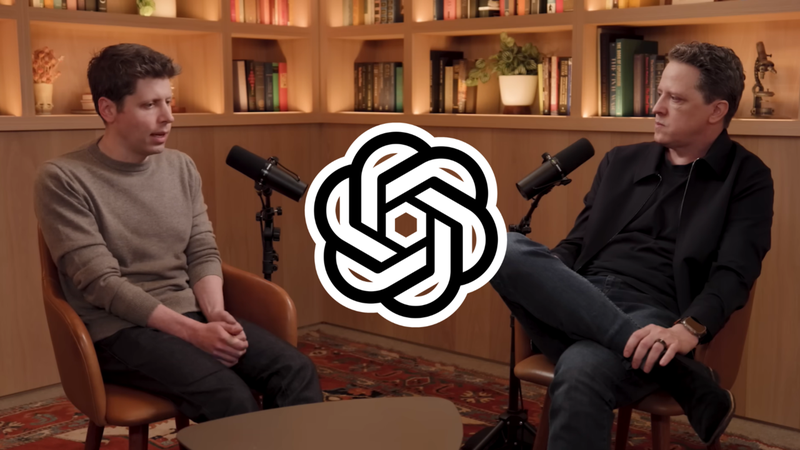





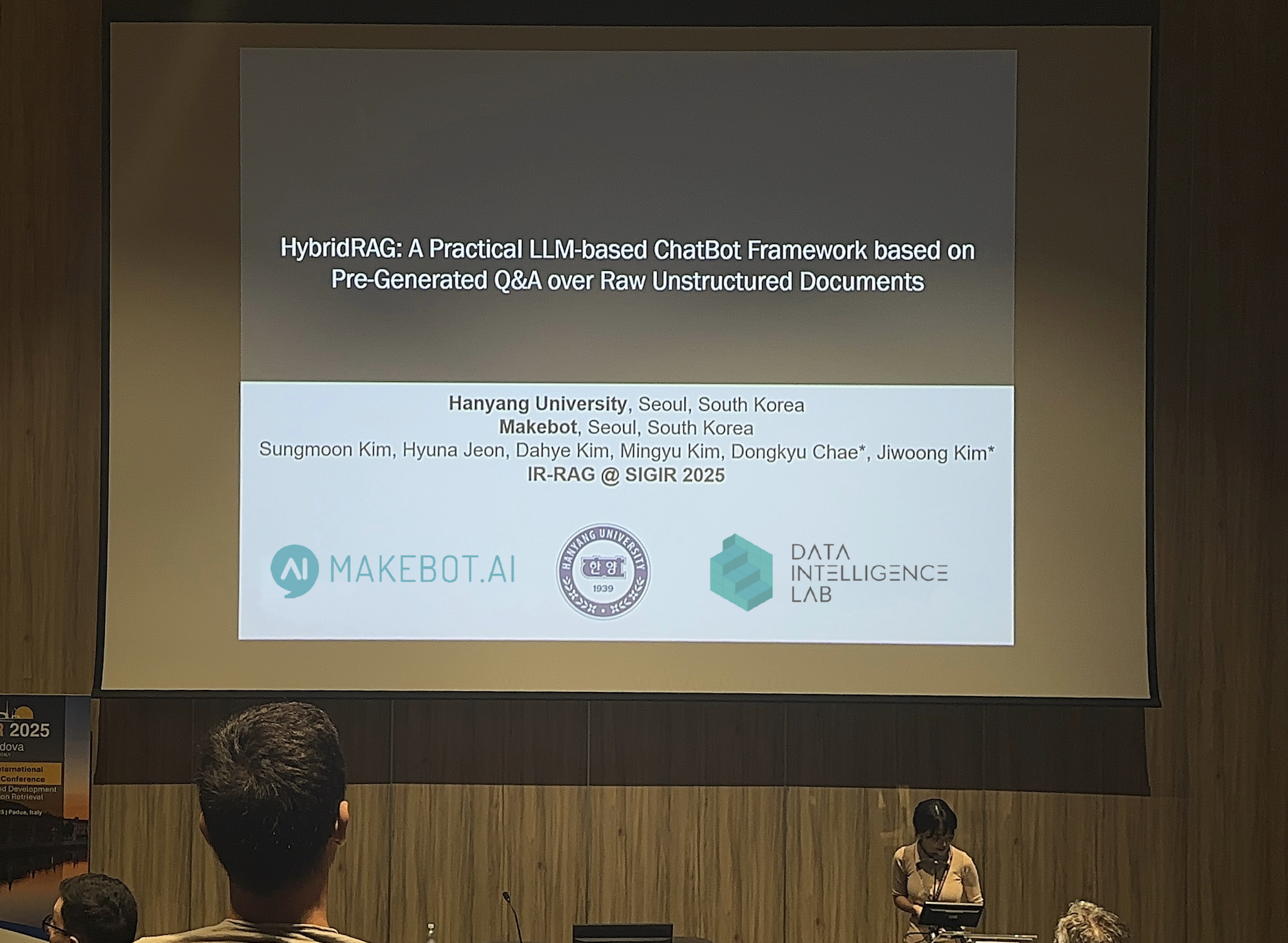









_2.png)

















.jpg)

























